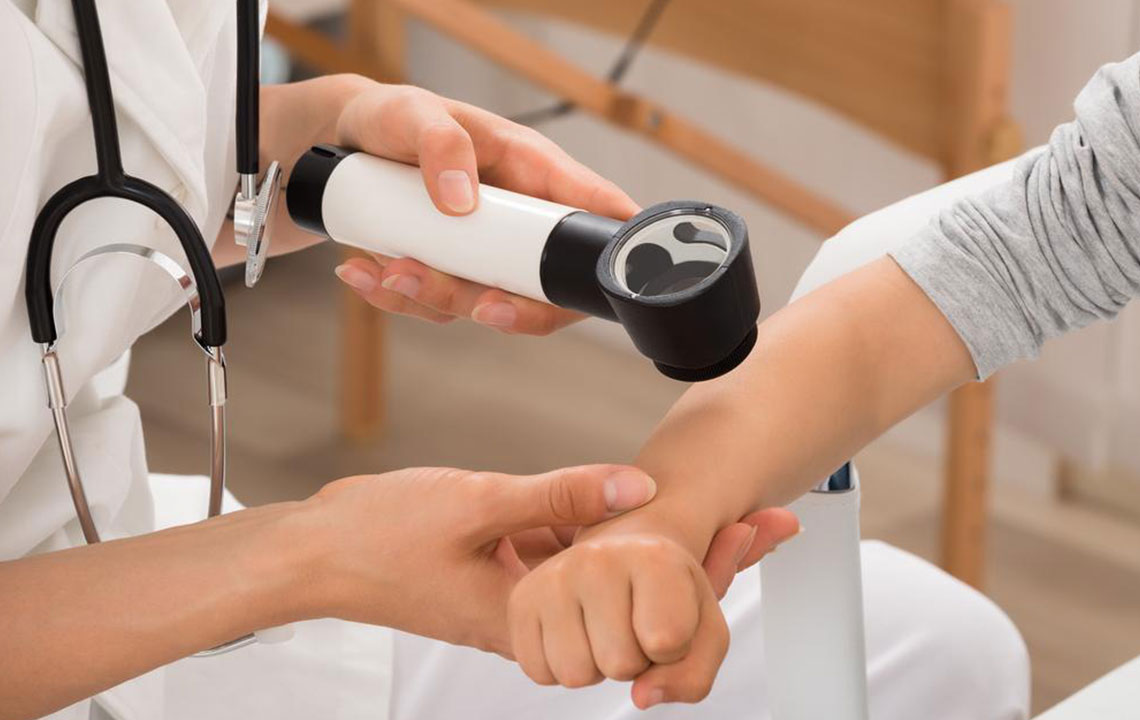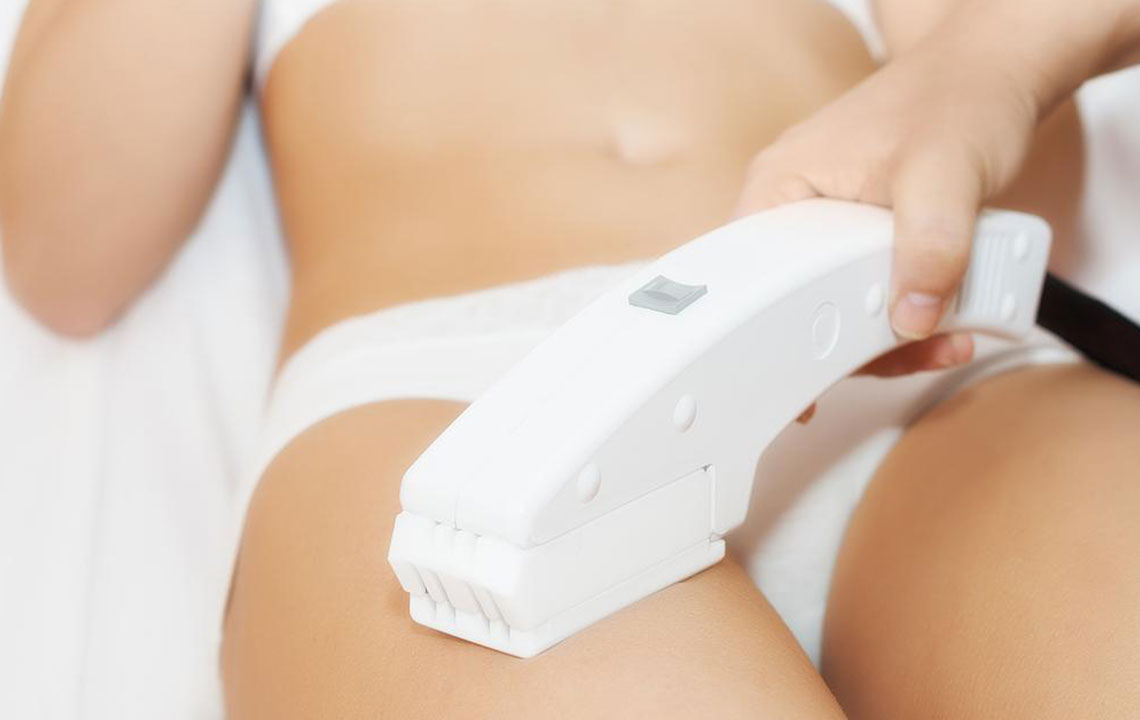Comprehensive Strategies for Managing and Preventing Eczema Symptoms
This comprehensive guide provides valuable insights into managing eczema, highlighting early signs, diagnostic tests, triggers, and effective lifestyle modifications. It emphasizes the importance of early detection and consistent skin care practices to control symptoms and prevent flare-ups, helping individuals achieve healthier skin and improved quality of life.

Comprehensive Strategies for Managing and Preventing Eczema Symptoms
Eczema, medically known as atopic dermatitis, is a chronic skin condition characterized by inflamed, itchy, and often rough patches of skin that can sometimes blister. This condition affects people of all ages, but it is especially common among children and individuals with a family history of allergies or asthma. The disorder not only impacts the skin's appearance but also causes significant discomfort and can interfere with daily activities if not properly managed.
The root causes of eczema are multifaceted, involving a combination of genetic predispositions and environmental factors. Understanding these contributing factors is crucial for effective management and prevention. Common triggers include exposure to harsh chemicals in soaps and shampoos, microbial infections such as bacteria, and environmental extremes like hot temperatures or high humidity. Hormonal changes, especially during menstrual cycles or pregnancy, can also exacerbate eczema symptoms, making it a condition that requires careful attention and tailored treatment.
While experiencing certain skin issues may not always point directly to eczema, the presence of multiple symptoms warrants prompt consultation with a healthcare professional. Early diagnosis and intervention can significantly improve the quality of life for those affected by this skin disorder.
Recognizing early signs of eczema is vital for implementing effective management strategies. Common symptoms include persistent skin dryness, heightened sensitivity, uneven rash patterns especially triggered by temperature fluctuations, intense and persistent itching, dark patches, and swelling. If you notice these signs, seeking professional medical advice is essential. Dermatologists can perform specific tests to identify underlying allergies and inform treatment plans which can help control flare-ups and improve overall skin health.
Diagnostic procedures include various allergy testing methods such as:
Patch Testing
This involves applying small amounts of potential allergens directly onto your skin to observe reactions, helping identify irritants contributing to eczema.
Skin Prick Test
Tiny amounts of allergens are introduced into your skin with a microscopic needle, assisting in detecting sensitivities.
Food Elimination Challenges
By removing suspect foods from your diet and reintroducing them gradually, doctors can pinpoint dietary triggers that may worsen eczema symptoms.
Even though there is currently no complete cure for eczema, numerous lifestyle modifications can effectively manage symptoms and prevent the frequency and severity of flare-ups. Implementing these practices can significantly improve skin condition and comfort:
Engage in regular warm baths with gentle, soap-free cleansers to soothe and hydrate the skin.
Choose mild, dermatologist-recommended soaps and avoid harsh chemicals that can irritate sensitive skin.
Pat the skin dry gently after washing instead of rubbing, to prevent further irritation and dryness.
Avoid strenuous activities that lead to excessive sweating, which can worsen eczema symptoms.
Use humidifiers in dry, cold environments to maintain skin moisture and reduce dryness.
Opt for fragrance-free and minimal-chemical moisturizers to prevent allergic reactions and hydrate the skin effectively.
Switch to gentle laundry detergents free of fragrances and dyes that can cause itching and irritation.
Avoid taking very hot water baths that strip the skin’s natural oils, leading to increased dryness and irritation.
By adopting these strategies, individuals can better manage eczema, reduce flare-ups, and maintain healthier skin. Consistency, along with medical guidance, plays a crucial role in controlling this chronic condition and improving overall skin health over time.




